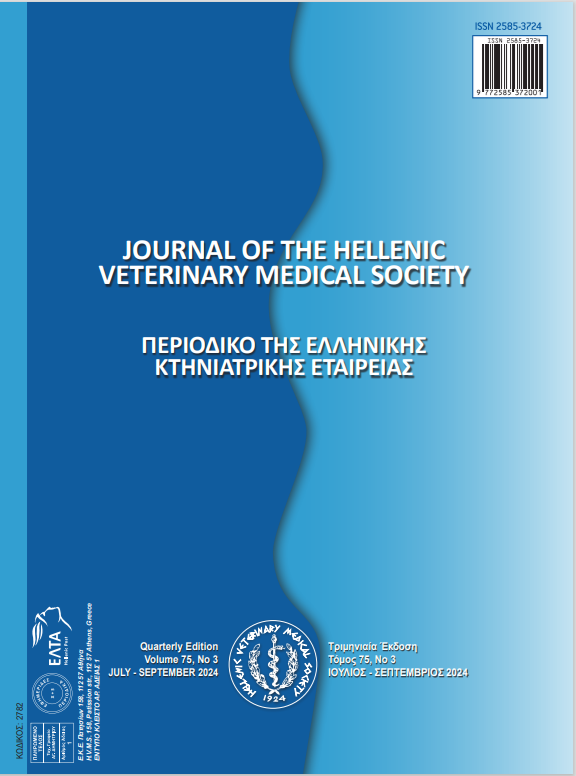The effect of pine honey on the viability of probiotics and some properties of probiotic yogurt
Abstract
In this study, it was aimed to investigate the effect of pine honey on the viability of probiotic bacteria (Lactobacillus acidophilus LA-5®️ and Bifidobacterium animalis subsp. lactis BB-12®️) and some properties of probiotic yogurts. The non-fat dry matter of milk used in yogurt production is standardized to 11%. Milk is divided into 3 groups (A, B, and C). A, B, and C milk groups were inoculated with yogurt culture, yogurt culture + L. acidophilus LA-5 and yogurt culture + B. animalis subsp. lactis BB-12 respectively. Each 3 groups of milk are divided into 3 parts. While pine honey was not added to the first part (control group), 5% pine honey was added to the second part and 7% pine honey to the third part of the milk. Produced yogurt samples were stored at +4 °C for 21 days and physico-chemical, structural, microbiological, and sensory analyzes were performed on the 1st, 7th, 14th and 21st days of storage. According to the results obtained in the study, with the addition of pine honey, hardness and viscosity values of yogurt samples decreased, while water holding capacity values increased. Also, pine honey addition did not have a significant effect on L. acidophilus LA-5 viability, however, the addition of 7% pine honey statistically significantly increased the viability of B. animalis subsp. lactis BB-12. Also, taste scores of yogurts containing probiotic cultures are lower than those of the control group yogurt in sensory analysis. It was determined that the odor, consistency and color scores of the samples were close to each other.
Keywords: Pine Honey; yogurt; prebiotic; probiotic; viscosity
Article Details
- Come citare
-
Ayaz, R., Andiç, S., & Oğuz, Ş. (2024). The effect of pine honey on the viability of probiotics and some properties of probiotic yogurt. Journal of the Hellenic Veterinary Medical Society, 75(3), 8099–8112. https://doi.org/10.12681/jhvms.37054
- Fascicolo
- V. 75 N. 3 (2024)
- Sezione
- Research Articles

Questo lavoro è fornito con la licenza Creative Commons Attribuzione - Non commerciale 4.0 Internazionale.
Authors who publish with this journal agree to the following terms:
· Authors retain copyright and grant the journal right of first publication with the work simultaneously licensed under a Creative Commons Attribution Non-Commercial License that allows others to share the work with an acknowledgement of the work's authorship and initial publication in this journal.
· Authors are able to enter into separate, additional contractual arrangements for the non-exclusive distribution of the journal's published version of the work (e.g. post it to an institutional repository or publish it in a book), with an acknowledgement of its initial publication in this journal.
· Authors are permitted and encouraged to post their work online (preferably in institutional repositories or on their website) prior to and during the submission process, as it can lead to productive exchanges, as well as earlier and greater citation of published work.



